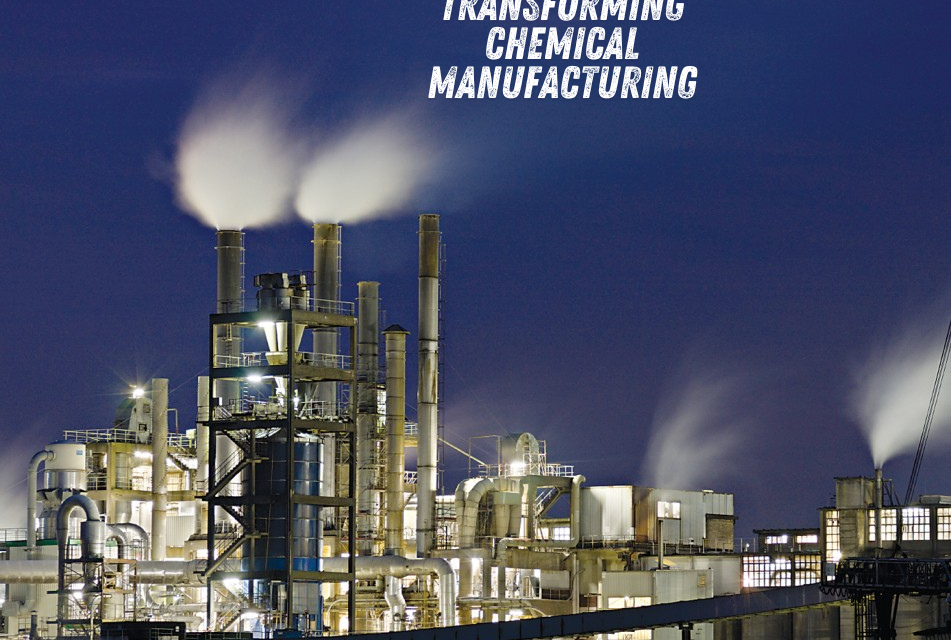The adoption of sustainable feedstocks is revolutionizing chemical manufacturing, paving the way for a greener and more resource-efficient future. Traditional chemical production has long depended on fossil fuels, but the industry is now shifting toward renewable and sustainable alternatives to address climate change, reduce carbon emissions, and promote circular economy principles. These sustainable feedstocks include bio-based materials, recycled waste, carbon dioxide, and green hydrogen, each contributing uniquely to reducing the industry’s environmental footprint.
Bio-based feedstocks, derived from renewable agricultural resources like sugarcane, corn, and algae, are transforming the production of plastics, polymers, and specialty chemicals. For example, bio-ethylene derived from ethanol serves as a sustainable alternative to petroleum-based ethylene in polyethylene production. Similarly, algae and engineered microbes are being used to create biofuels and bioplastics, providing innovative and scalable solutions.
Recycled waste is another game-changer, as chemical recycling technologies like pyrolysis and depolymerization enable the breakdown of plastic waste into raw materials for new chemical production. This approach not only reduces landfill waste but also minimizes the need for virgin feedstocks, closing the loop on material usage. Carbon dioxide is emerging as a valuable resource, with advancements in CO₂ utilization enabling its conversion into chemicals like methanol and polycarbonates, effectively transforming a greenhouse gas into a feedstock.
Green hydrogen, produced using renewable energy, is increasingly used in chemical processes, such as ammonia production, offering a carbon-neutral alternative to traditional hydrogen derived from natural gas. Furthermore, renewable electricity is driving innovations in electrochemical processes, enabling the production of key chemicals without relying on fossil-based inputs.
While challenges such as scalability, cost competitiveness, and technology adoption persist, the transition to sustainable feedstocks is gaining momentum, supported by regulatory pressures, consumer demand for eco-friendly products, and corporate commitments to sustainability. As these feedstocks become mainstream, they are not only reducing the environmental impact of chemical manufacturing but also unlocking new opportunities for innovation, resilience, and growth. The shift to sustainable feedstocks is a critical step in transforming the chemical industry into a cornerstone of a sustainable global economy.

















